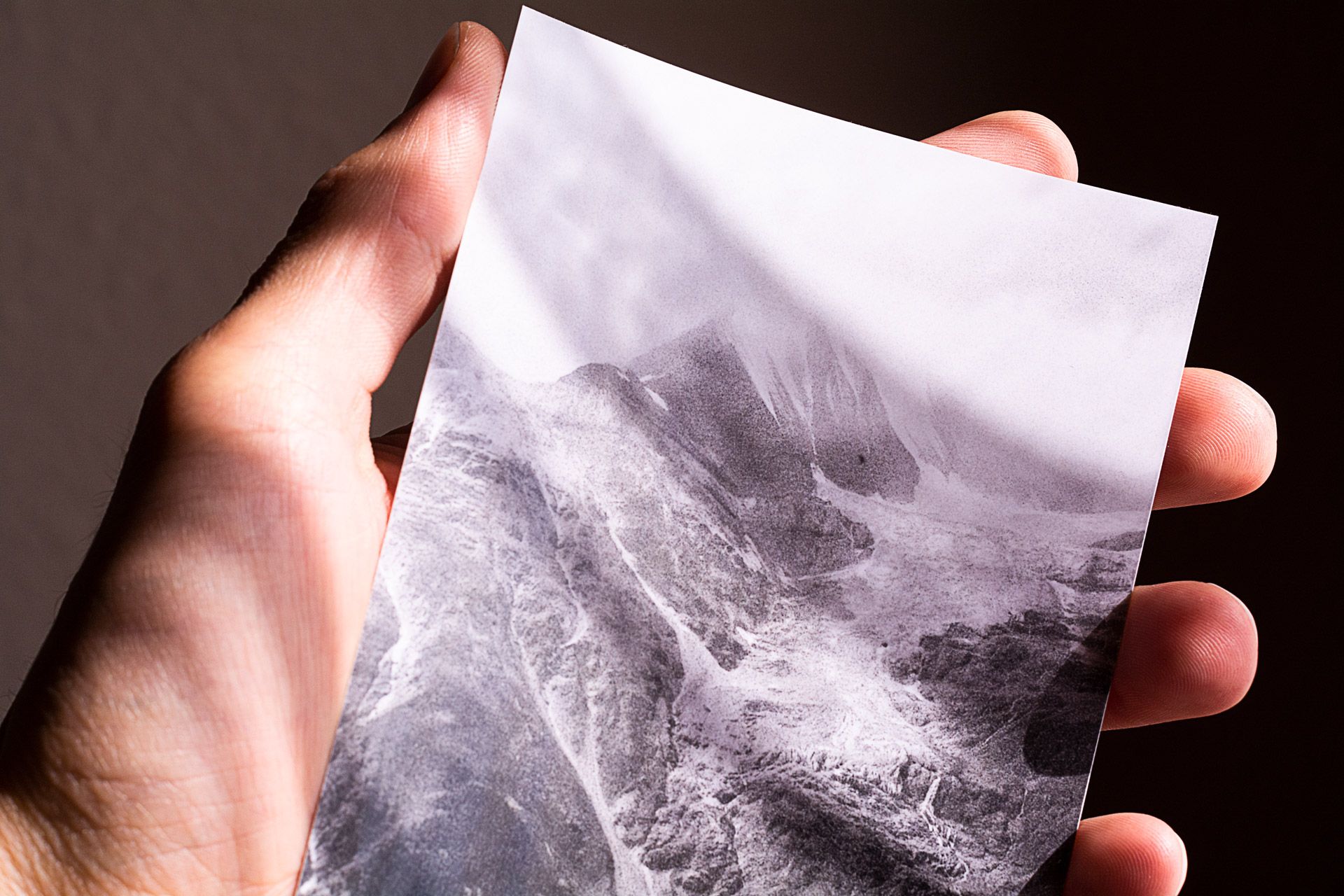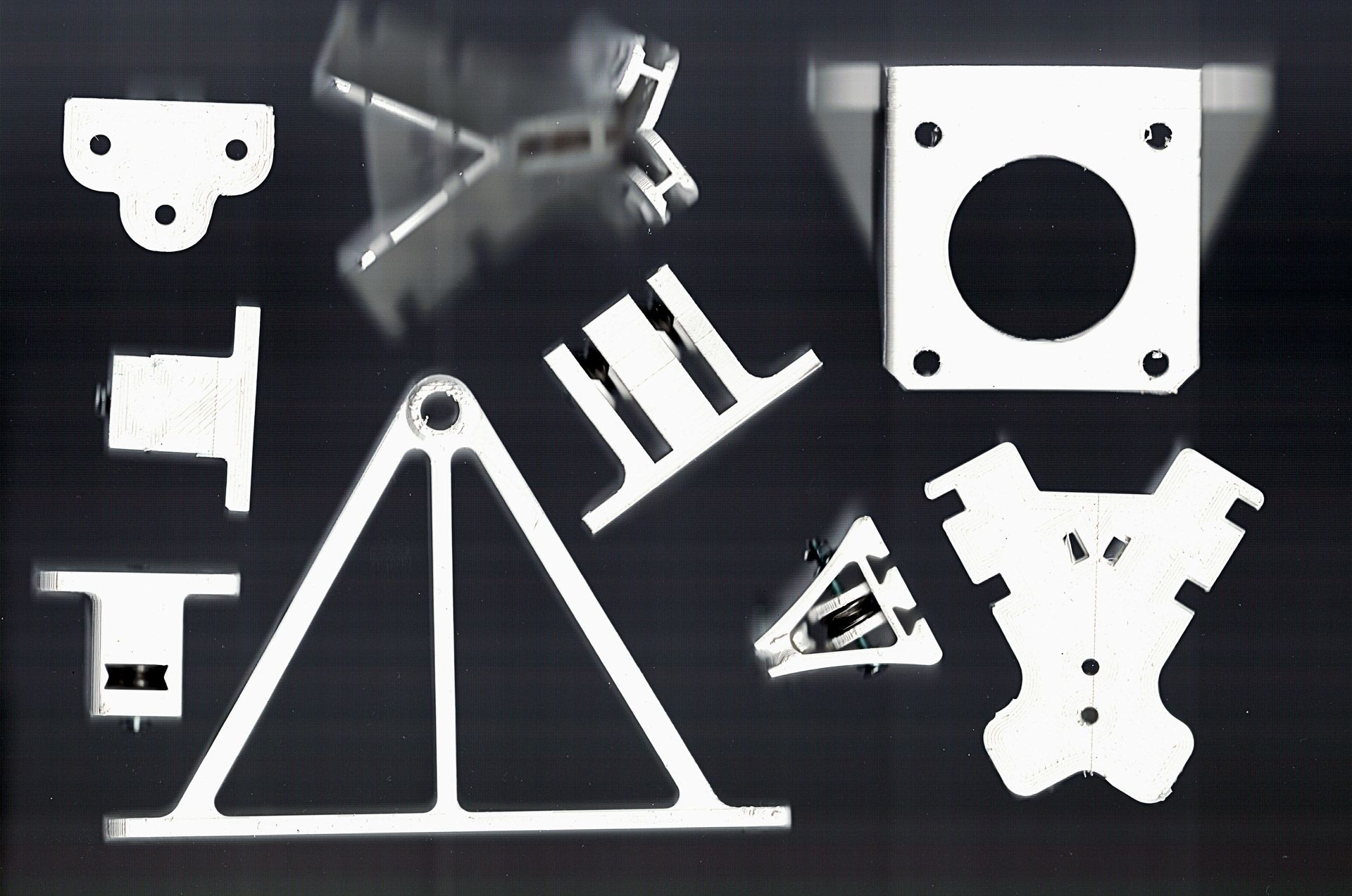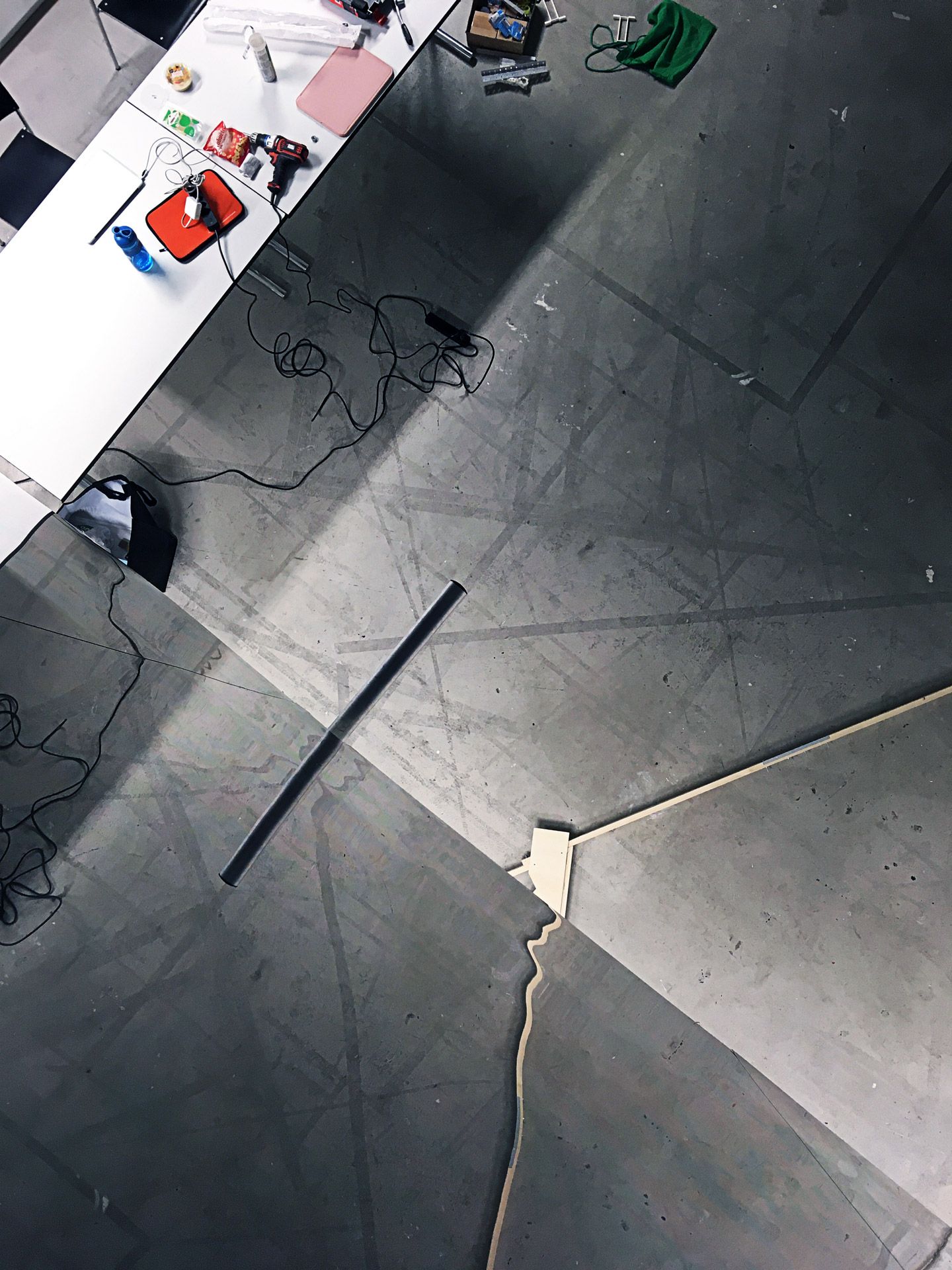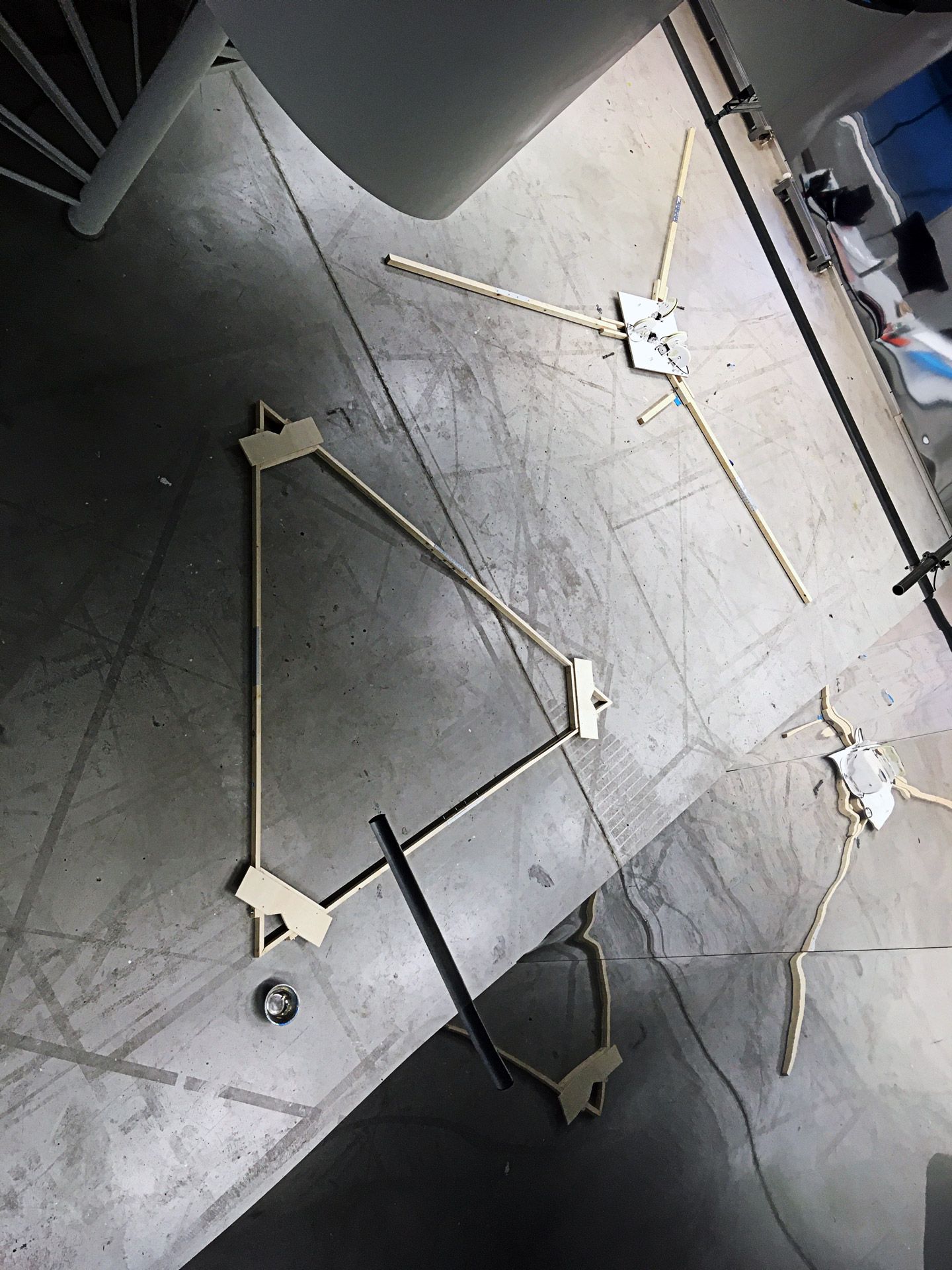At this projects core lies the construction of a 3D printer for testing alternative printing materials from reused excavation material, e.g. in the form of so-called geopolymers. Exchanging ideas and experiences with Experts from various fields , the possibilities of “stone printing” are to be explored in a transdisciplinary collaboration.

3000 Peaks
The Alps
The Alpine region extends far beyond physical boundaries and inextricably interweaves myth and reality. In it the individual mountain farmer, the alpine rose, the ski tourist, the national self-image as well as the brand communication of global companies are located. In this very sensitive landscape the contradictions of intertwined effects of environmental change, industrial, and societal developments become visible much quicker. Although the necessity for countermeasures is expressed locally the effects are entangled in global relations. Seen this way, the Alps are at the same time a parable for complex local instances of global phenomena as well as themselves an influential constituent of global dynamics.
3000 Peaks
3000 Peaks asks how the climate crisis induced pressure and urge to act can be translated and transformed by opening up speculatively extended spaces for thought and form. How can the abilities for imagination and action be multiplied through distribution and networking? The gesture of empowerment and the dilemma of representation imply questions about the situation – a responsibility that originates from a privileged situation: Who can talk about what and whom?

3000 Peaks
Material Conversations
From the construction of the 3D printing machine to the testing of alpine rock as a geopolymeric printing medium – it all serves the development of a transdisciplinary and critical discourse space. We understand the work on and with the material as a discourse with and through materiality – inextricably linked with those symbolic spaces that create the complexity of the Alps as a topos. In a dynamic, living world of consequences from interdependent relationships between materials and forces instances of material manipulation or interaction become places of negotiation.
In the meandering between material and symbolic spaces, as well as scientific and emotionally led public discourses, integrative forms and methods of communication should be tried out, or at least the causes of miscommunication should be identified and reflected upon. In the form of an open studio, we search for intersections or frictions between artistic and scientific concerns in the context of the transformation processes in the Alps.
Additive production processes such as 3D printing contain a central contradiction: emancipation through DIY popularization and appropriation of productive forces are accompanied by their potential instrumentalization through neo-liberal imperatives, e.g. of the creative subject as a self-entrepreneur.
Aware of these contradictions we critically explore approaches such as the activist “Additivist Manifesto” by Morehshin Allahyari and Daniel Rourke (https://additivism.org/manifesto): 3D printing options are to be used to create explorative forms as spatial materializations, projections, or translations of ideas of speculative spaces of thought. These material forms then appear as partners in the material conversations.
Peter Tränkle
Peter is an artist, researcher and curator.



